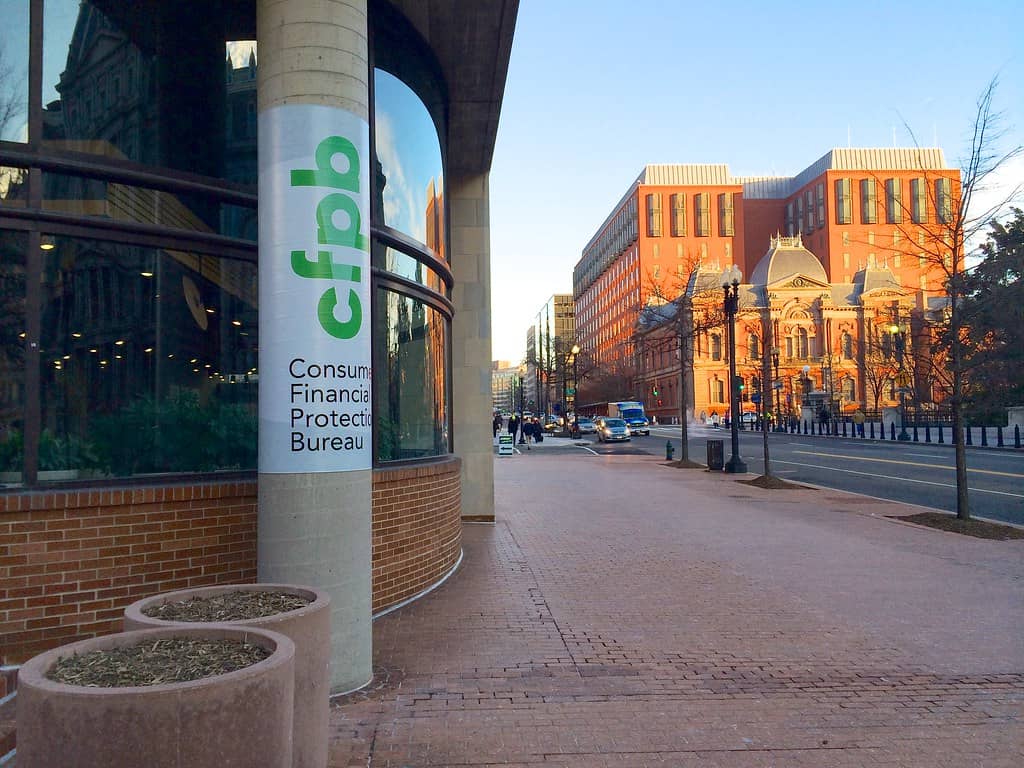Over the past year we have seen an unprecedented amount of legislation concerning our industry pass out of the House Financial Services Committee. The First Session of the 116th Congress has ended, which provides us with a moment to reflect, assess and prepare our strategies for the Second Session of the 116th Congress. The consumer reporting industry has been labeled broken, inaccurate, and the reason marginalized communities continue to suffer from the inequities of an unjust economy. The following bills that have passed out of the Committee reflect the economic and socioeconomic solutions that Democratic Members of the Committee believe will create a more just and equitable society. Although, they are sincere efforts to help people who are hurting from stagnant wage growth, student debt, and gaining access to employment opportunities, we ultimately believe their intent is more damaging and has unintended consequences than the good they seek to achieve. We have bulleted the key points of where we stand in opposition or where we are supportive of measures in the legislation, and where the Republican side of the aisle also echoes our concerns with the caveat that they are willing to find middle ground and try to get to yes on some of these policy proposals.
This is where we should keep the dialogue open with the members of the Committee and their staff, and continue to outline the perimeters in the FCRA, GLBA, FACT Act, and Economic Growth, Regulatory Relief, and Consumer Protection Act that our industry is regulated by. This will help educate Congressional staff, especially with the high staff turnover rates that offices often got through.
Chairwoman Waters (D-CA) Protecting Innocent Consumers Affected by a Shutdown Act, HR 4328
- The bill doesn’t specify if SSNs will need to be shared by the CRAs when building the database, would be hard to match without the consumer indicative info specified in multi-state
- The Committee hasn’t heard from the consumers directly
- The self-certified consumer provision would lead to fraudulent behavior, and very broadly defined.
- Sending federal employees names and unspecified information to the CRAs is a security concern. Most federal employees would probably self-certify any way because they wouldn’t trust the agencies to do it
- An aggressive reporting timeline of 30 days to report to the CFPB
- No opt-out for consumers in the proposed database
Rep. Lynch (D-MA) Clarity in Credit Score Formation Act of 2019, HR 3629
- Would establish clear federal oversight of the development of credit scoring models by directing the Consumer Financial Protection Bureau (CFPB) to set standards.
Rep. Pressely (D-MA) Student Borrower Credit Improvement Act, HR 3621
- which would remove certain student loan information from credit reports
Rep. Lawson (D-FL) Restricting Use of Credit Checks for Employment Decisions Act, HR 3614
- An outright ban on the use of credit reports in employment decisions
Rep. Beatty (D-OH) Free Credit Score For Consumers Act of 2019 HR 3618
- Requires CRAs to give out free credit scores
Rep. Tlaib (D-MI) Restoring Unfairly Impaired Credit and Protecting Consumers Act HR, 3622
- Removes more information from reports, including by shortening obsolescence periods.
Rep. Adams (D-NC) Improving Credit Reporting for All Consumers Act, HR 3642
- Would reform the disputes process and ban certain marketing practices
Rep. Green (D-TX) FHA Additional Credit Pilot Program Reauthorization Act, HR 123
- Republicans voted no on the bill because of concerns that it could have a negative impact on the FHA’s insurance fund, and they submitted an amendment that would have reduced the cost on the fund, which was ultimately voted down.
- The bill creates an alternative data study in the FHA’s mortgage program, something we welcome.
Rep. Tlaib (D-MI) Consumer Protections for Medical Debt Collections Act, HR 5330
- Extends NCAP six-month no-reporting to one year
- Prohibits reporting of any medically necessary debt
Rep. Gottheimer (D-NJ) Protecting Your Credit Score Act of 2019
- Establishes One Online Portal for consumers to freeze their credit score, file a dispute, and retrieve their credit and consumer report
- Establishes an FTC Ombudsman to assist with disputes
- Matches all nine digits of a Social Security Number
